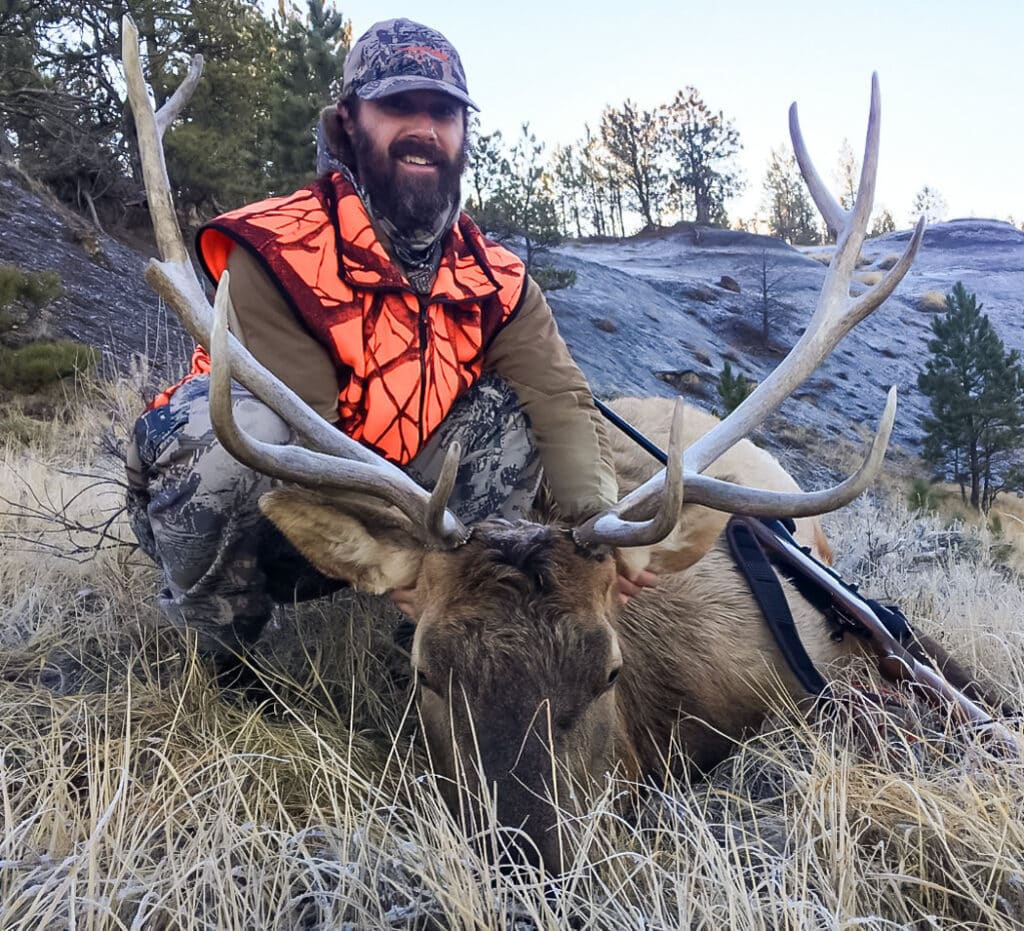A new report released by the Montana Wildlife Federation, titled “The Economic Impact of Climate Change in Montana,” highlights the looming economic threats that climate change poses to Montana’s celebrated outdoor recreational activities and wildlife.
Authored by Power Consulting Incorporated, the report lays bare a sobering prediction: Montana could witness a potential loss of 8,800 outdoor recreation jobs, and a staggering $263 million in labor earnings could evaporate annually by mid-century due to climate change. Among the most concerning figures is the anticipated drop in visitations to Montana’s renowned National Parks – namely Glacier National Park and Yellowstone National Park, which are projected to bear a major brunt of the total job and income impacts.
“Montana’s hunters, anglers and outdoor enthusiasts are the first to witness the changing climate’s tangible effects,” said Frank Szollosi, Executive Director of Montana Wildlife Federation. “We are the frontline observers. Every altered migration route, impacted rut and every intensified wildfire is a chapter in the story of our changing climate. Many Montanans derive their livelihoods from these outdoor sectors, making the stakes even higher. What we witness is a testament to the urgent need for informed climate policies that prioritize the preservation of Montana’s rich wildlife and landscapes.”
Disturbing Forecasts
Under a “business-as-usual” trajectory, where we continue without significant interventions in greenhouse gas emissions, Montana is forecasted to experience a minimum temperature rise of 6°F by mid-century, with August seeing the largest shift. Changes in precipitation patterns may result in increased annual precipitation, but with drier summer months, subsequently affecting the state’s ecology and economy.
The release of this report comes before the congressionally-mandated Fifth National Climate Assessment is scheduled to be released this fall.
Collectively these losses highlight what is at stake for Montana with respect to climate change: Montana will lose critical jobs and labor income in industries that define the state. Most Montanans personally invest in at least one of these sectors or rely on them for income. Notably, this report does not incorporate economic impacts that arise from larger, more frequent wildfires or the health impacts of climate change.
Montana’s outdoor recreation contributes significantly to its GDP, with only Hawaii surpassing it in outdoor recreation production as a percentage of total GDP. This report emphasizes the need for robust climate resilience policies in Montana, given the state’s economic reliance on outdoor recreation.
This comprehensive report highlights the urgent need for climate resilience legislation in Montana.
The report provides an update from a 2015 report by Power Consulting titled “The Impact of Climate Change on Montana’s Outdoor Economy.” The new report includes more Montana-specific data than was previously available and draws on new sources such as the Montana Climate Assessment (MCA), resulting in more detailed predictions for changes such as the estimated snowfall in Montana ski areas with the most up to date science.
Key Findings:
- National Parks Visitation: Wildfires, growing in intensity and frequency, are predicted to be one of the most disruptive impacts on Montana recreation and tourist activities. The report projects a 15% decline in visitation to Yellowstone and Glacier National Parks due to wildfire and wildfire smoke. The impact of forest fires and climate change is predicted to result in the loss of 3,800 jobs and $107 million in labor earnings annually.
- Wildlife Watching and Sightseeing Activities: Climate change impacts, including increased wildfires and reduced visibility due to smoke, are expected to make outdoor activities like wildlife-watching less appealing and unhealthy. With many areas of Montana to visit for wildlife-watching and sight-seeing, the report reduced the percentage impact for Montana’s National Parks to 15%. Aside from the impact to National Parks, the report projects the loss from climate change to be more than 1,600 jobs and more than $44 million in labor earnings annually.
- Hunting: The report projects that big game hunting could decline by up to 25% by mid-century, translating to a loss of 495 jobs and nearly $15 million in earnings annually. Climate change, combined with other environmental and human factors, is reshaping Montana’s hunting landscape. With warmer autumns and unpredictable snowfall, deer and elk will remain in the high country longer, complicating hunting.
- Sport Fishing: Early snowmelt and increased rain during winter and spring will lead to peak stream flows occurring earlier, leaving summer stream flows lower and hot for longer periods. Rising temperatures in streams and lakes will stress native fish populations, leading to more limitations on fishing. As a result, angling activity might drop by 30%, leading to a loss of 1,900 jobs and over $60 million in labor earnings annually.
- Winter Sports: Skiing, Snowboarding, and Snowmobiling: Montana’s decreasing snow reliability could lead to a 19% loss of skiing and snowmobiling days, resulting in a loss of nearly 1,000 jobs and $35 million in labor earnings annually. The decline in snowpack, especially at lower elevations, combined with warmer winters, jeopardizes Montana’s skiing appeal. While snow-making equipment can offset some challenges, its use is limited by temperatures and costs. Overall, the skiing season in Montana is projected to shorten by 33 days over the next couple of decades.

